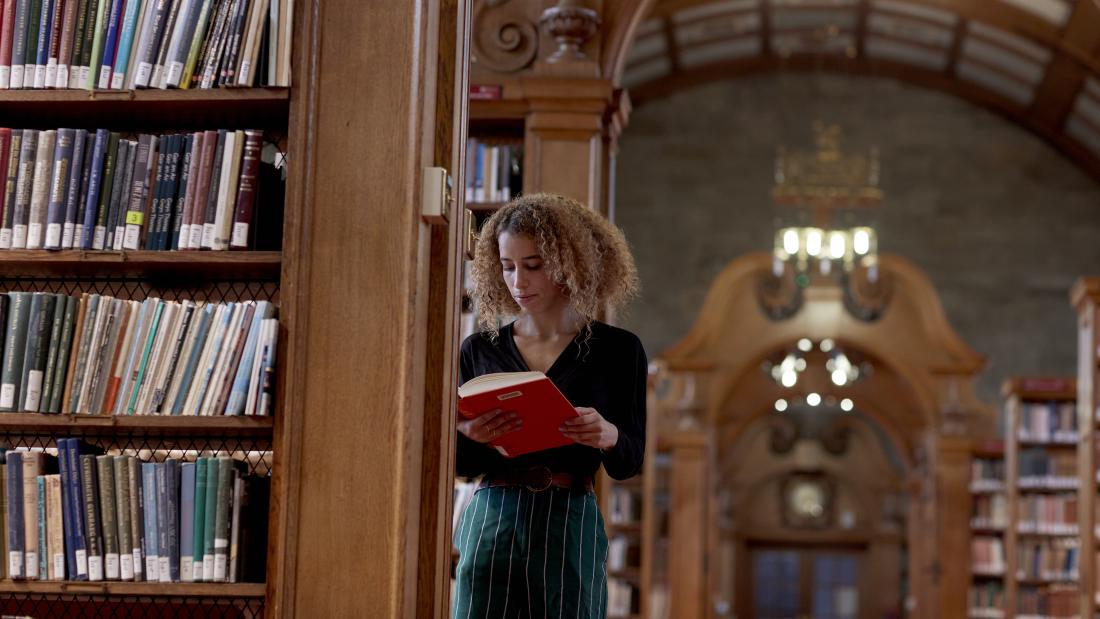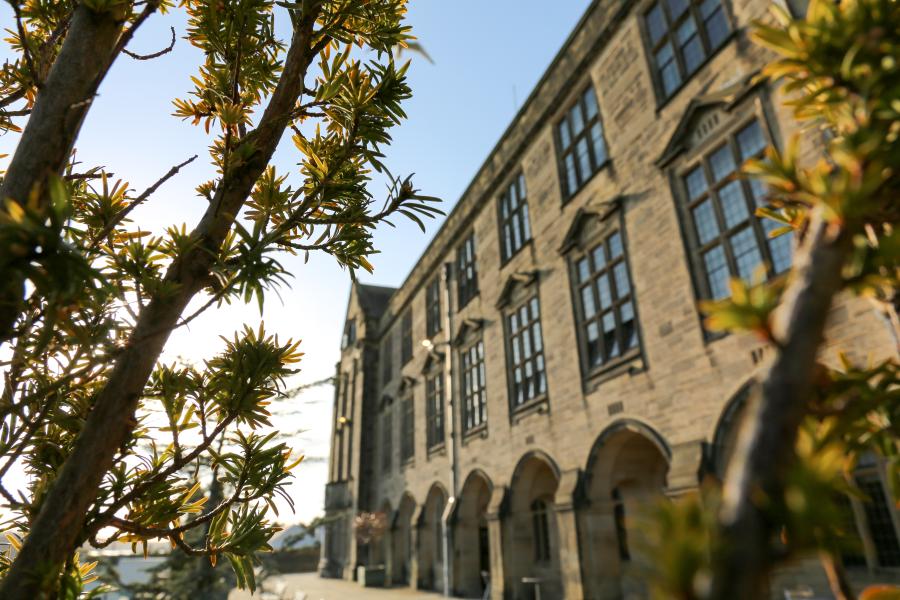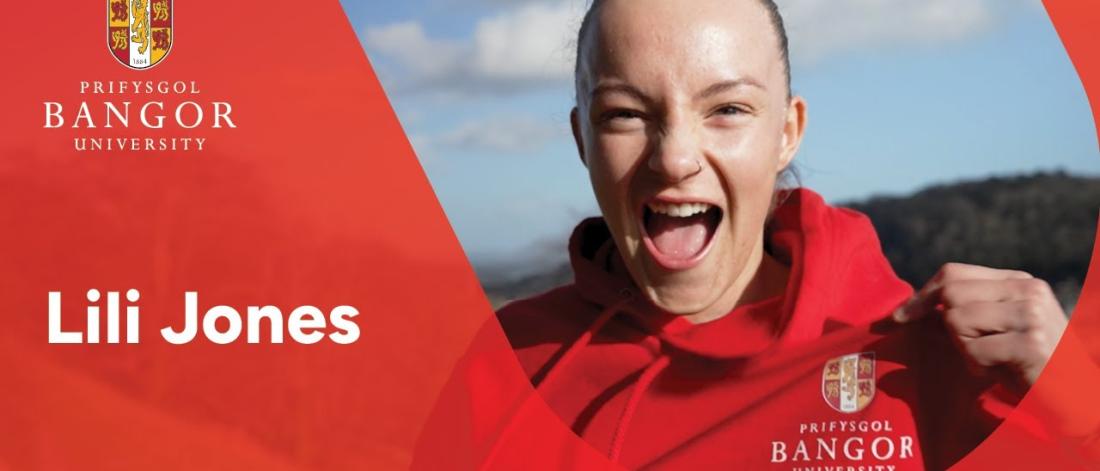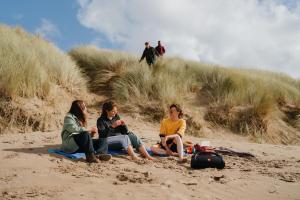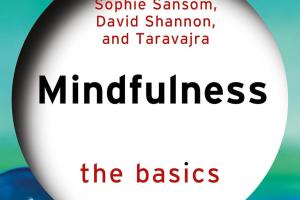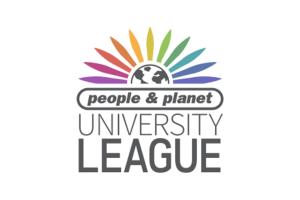ABOUT THE SCHOOL
The School of Welsh is one of great eminence. From its foundation more than a century ago it has made an immense contribution to Welsh scholarship, literature and culture. Indeed, many scholarly studies in Celtic in several countries are based on work carried out at Bangor.
Find out more about the subjects and course we offer within the school
Find out more about the subjects and course we offer within the school
I'm Lili, but maybe you know me from... Lili Jones receives the ball, shoots, oh what a goal! Lili Jones from distance, Lili Jones! A thunderous strike from distance! Up the town!
My name is Lily. I'm from Wrexham, and I'm studying Welsh and journalism.
I think I chose Bangor because I was playing for Wrexham, so I needed a university that wasn't too far from home, but also I wanted to be far enough from home at the same time so Bangor just worked perfectly for me from kind of a travel perspective. But since then I've honestly I've settled in really well and enjoying every minute.
It wasn't an easy decision for me to go study in Welsh. You know, I did physics and maths at A-level and just studied one year at AS with Welsh, but the opportunities I had through football, you know with doing interviews, the opportunities that S4C gave me and I was lucky enough to fly out to America to speak Welsh out there!
And I just realised actually, there's so much power in the Welsh language. And that was something that I just wanted to continue to do. My mum's English so she was a bit like, oh, is that the right decision to make?
But also she can understand that the opportunities that the Welsh language can give you are unbelievable. You know, you can do anything with a Welsh degree.
And I think that's probably the main reason I chose it. It’s so open, I can do whatever I want with, with that degree and hopefully I'll be on TV one day speaking the language if I'm lucky enough.
I think the thing I enjoy most about the subject is that Welsh is so much more than just a language.
You know, that there's so much history behind it, you know, looking into literature and how the poets create different poems and use different words to make different sounds is something I’m really enjoying at the moment.
You know, I had a taste of it in Wrexham. My family speak Welsh and but coming out here, it's just been so different. You know, people in the kebab shop after a night out are speaking Welsh! You turn to Welsh as your first language when you're in the shops, when you're in restaurants. And that's just something I’ve not been used to.
So it's been nice to be able to say to use Welsh as a first language rather than the secondary one. Favourite thing about Bangor? Honestly, I do think it's the Welsh community. We're like a family out here. I wasn't sure I was going to settle in, but I think I made friends for life here.
Living in JMJ with with the best people is is something I think that's the best thing about Bangor for me at the moment.
Go for it. Come here!
It’s a great university and there's a great life to be had here!
Follow what we've been up to...
Latest News
GET IN TOUCH
If you have any questions or want to know more about any of our courses, please don't hesitate to contact us..

